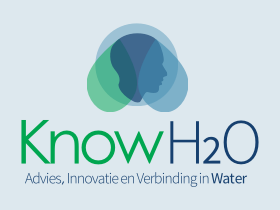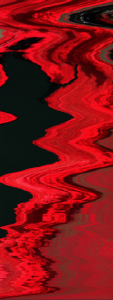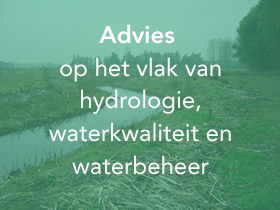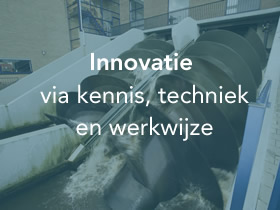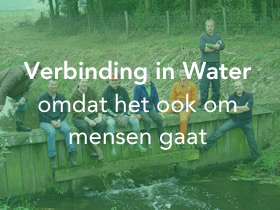Cliënt: KnowH2O, Water Insight, Waterschap Rivierenland
Partners: ACT-team 3 van CGI-Wageningen Universiteit
Period: June-July 2015
Objectives: Main purpose of the proposed study is to make an inventory of remote sensing methods to monitor the quality of inland waters and assess their accuracy and added value to the existing methods. The ACT-team will look at availability (what where when) and applicability of RS information. Spin-off is how RS information can help and guide the setup of field-scale monitoring programs on water quality.
Summary
In this project we will explore ways and methods using remote sensing (RS) techniques to derive water quality parameters of small fresh-water bodies. New remote sensing technologies can provide improved insight in water quality of small fresh-water bodies. To evaluate those advancements, a feasibility study is required. The feasibility study will take place from June 10, 2015 to July 2, 2015. The final product will be a report which will give a detailed overview of the methods that could be used in a table which will include information about the specifications, derived parameters, accuracy and costs of each method. Also, maps will be used to show the spatial variability that the water quality parameters show depending on the RS method. These maps will be used to compare the quality and accuracy of different data sources and techniques. Finally, a cost-benefit analysis will be provided to help the commissioners to evaluate the added value of remote sensing for fresh-water quality monitoring as compared to usual monitoring methods and information.
Figure Flight line UAV-octocopter on June 17, 2015, across GAIA-pond.
